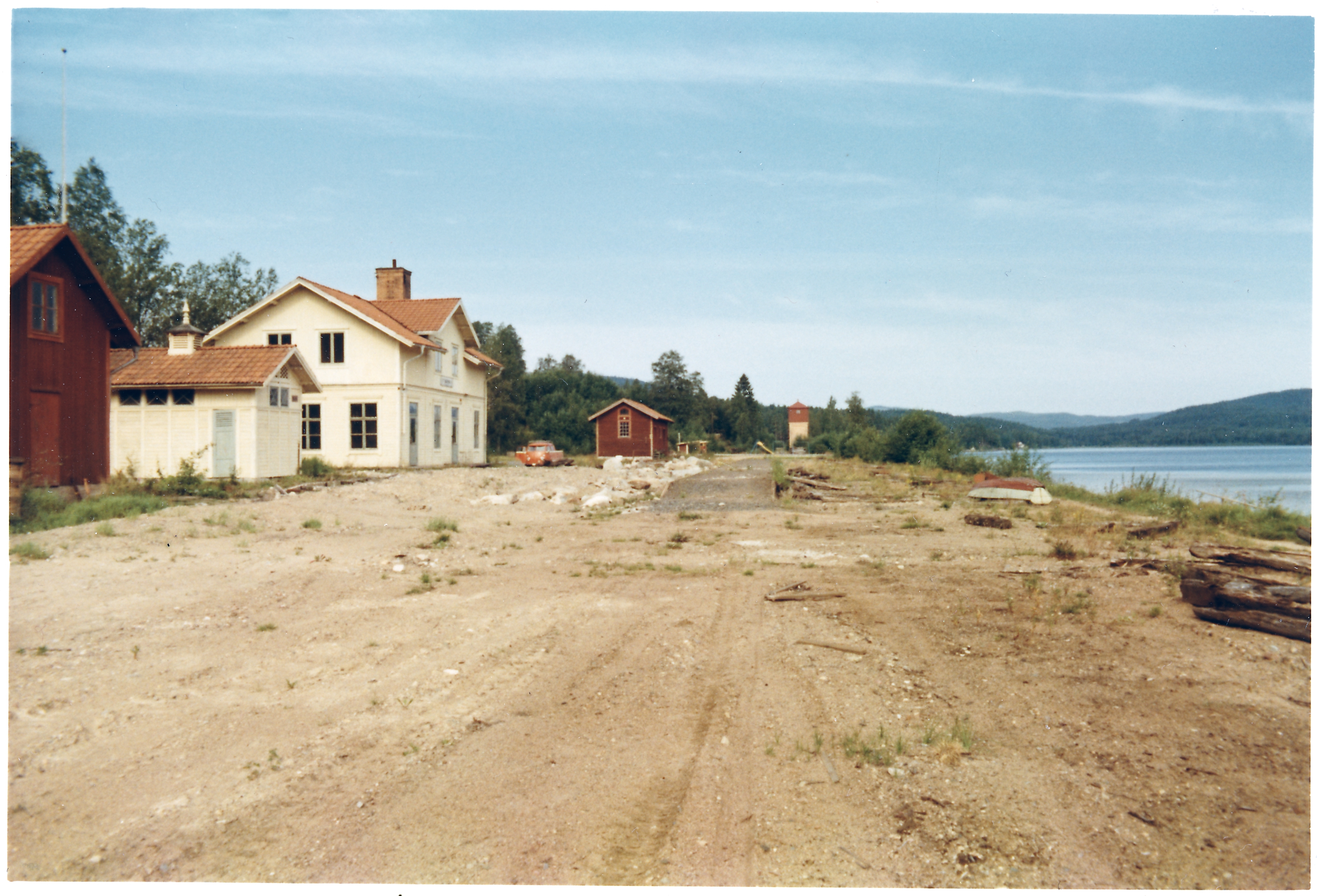
1963 – Closure and reorganisation
The post-war period means great stress for SJ. They have approx. 70,000 employees, 15,000 km of railway, and a weak economy. Lost volumes in travel and freight create deficits for SJ. Something has to be done and there are forced savings and closure of unprofitable lines. This is just the beginning as road traffic increases and takes even more shares from SJ.
In 1963, a new traffic policy decision is made with the consequence that each of the traffic types must bear its own costs. An important decision for SJ is to avoid the traffic obligation and for the state to step in and buy the unprofitable parts of the railway network, which, based on socio-economic principles, should remain. The state subsidies for rail traffic are now being paid out. A period from 1963 until the end of the 1980s can be characterised by cost hunting, streamlining, and decline.